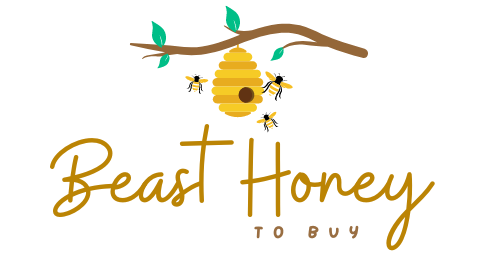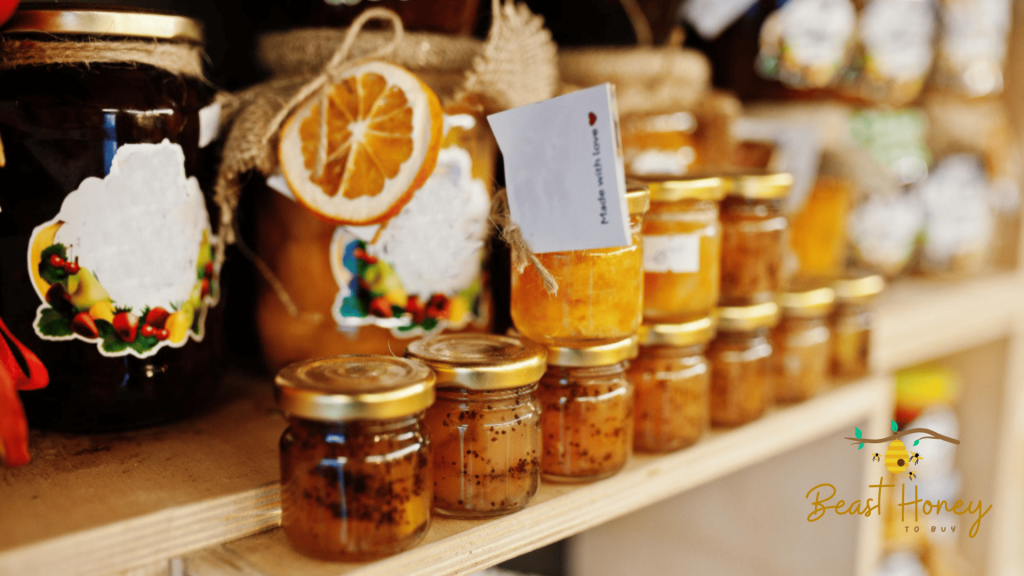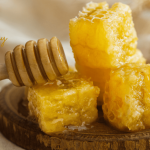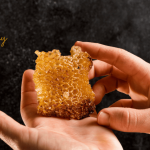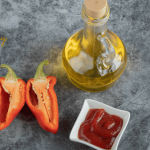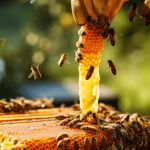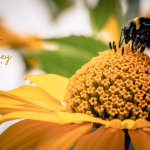Honey is more than just a sweet treat. It’s a product of hard work, nature, and dedicated beekeepers. Choosing local raw honey does more than add flavor to your meals—it supports small businesses, protects the environment, and keeps communities buzzing. In this blog post, I’ll explain why buying local raw honey is so important for beekeepers. I’ll also share tips on finding it and how it benefits you and your community. Let’s dive into the sweet world of local honey!
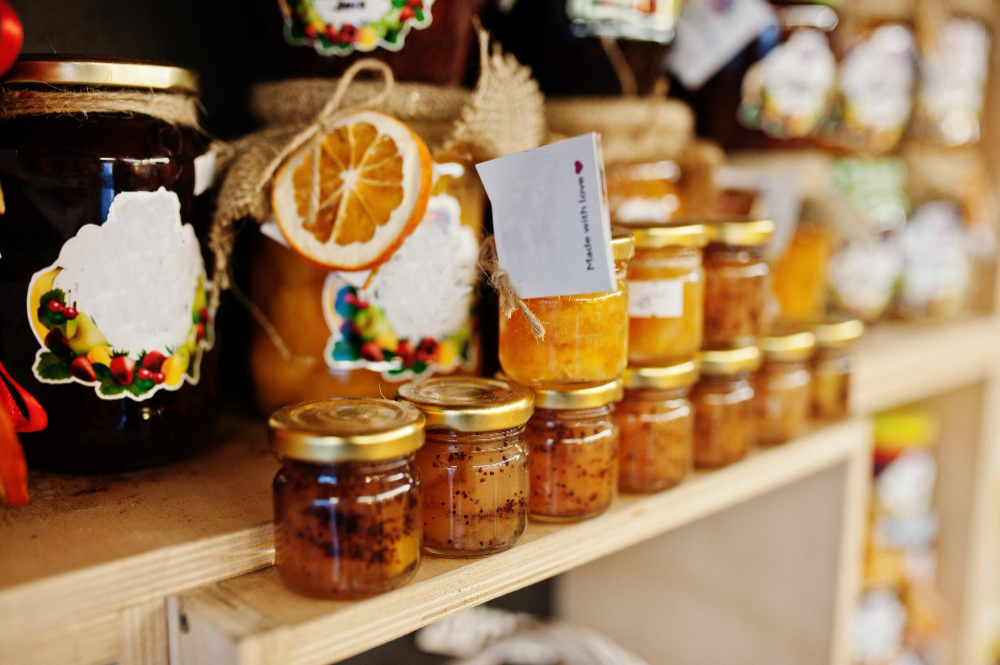
What Is Local Raw Honey?
Local raw honey is honey produced by beekeepers in your area. It’s unprocessed, meaning it’s not heated or filtered, so it keeps its natural nutrients and flavor. “Local” usually means it’s harvested within a 50–100 mile radius of where you live. This honey is fresh, pure, and packed with benefits, both for you and the beekeepers who make it.
Why Raw Honey Matters
- Pure and Natural: Retains enzymes, antioxidants, and pollen, unlike processed honey.
- Unique Flavor: Reflects local flowers, giving it a distinct taste.
- Health Benefits: May help with allergies due to local pollen content.
- Supports Bees: Buying raw honey directly supports beekeepers and their hives.
How Buying Local Raw Honey Helps Beekeepers
Beekeepers are the heart of honey production. They care for bees, maintain hives, and harvest honey with love and skill. Buying local raw honey directly supports their efforts. Here’s how.
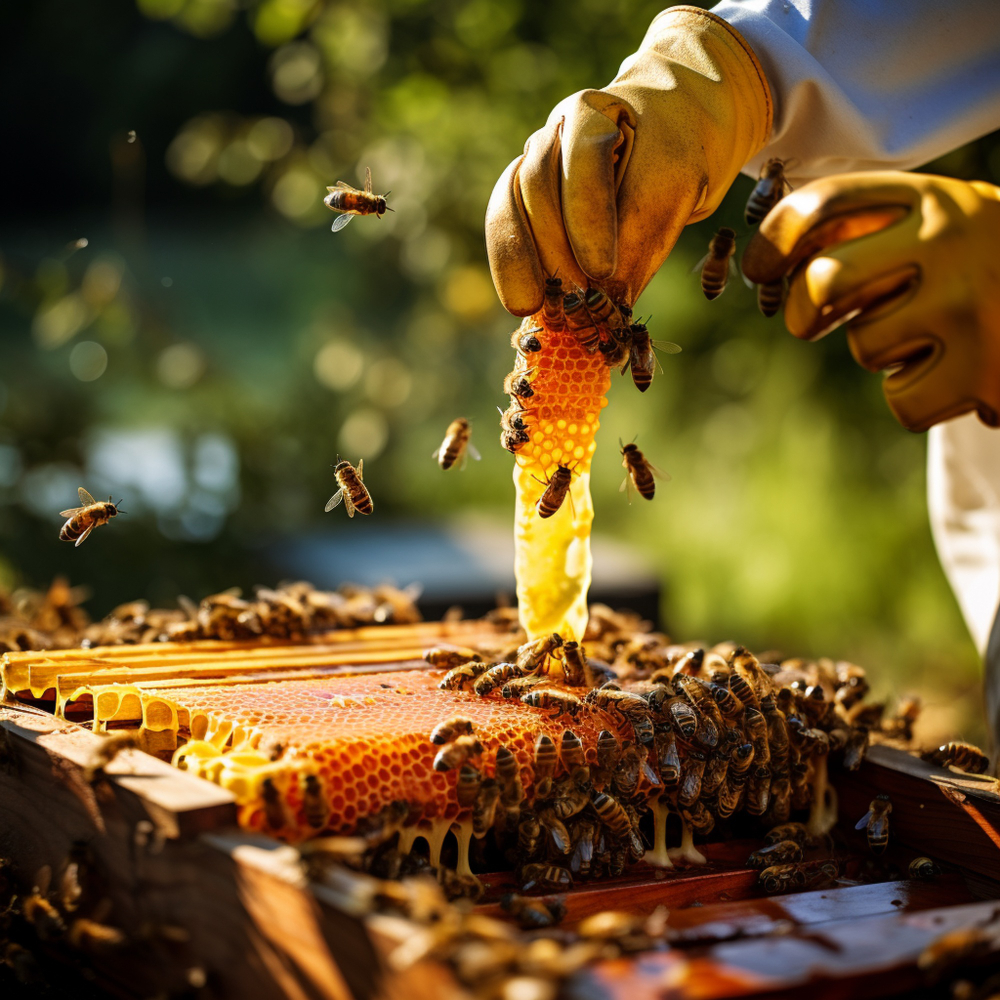
1. Provides Financial Support
Beekeeping is expensive. Beekeepers spend money on hive maintenance, bee health, and equipment. Selling honey is often their main income source. When you buy local raw honey, your money goes straight to them, not big corporations.
- Example: A small beekeeper might spend $500 a year on hive supplies. Your purchase of a $10 jar helps cover those costs.
- Impact: Steady income allows beekeepers to keep hives healthy and expand their operations.
2. Encourages Sustainable Practices
Local beekeepers often use eco-friendly methods. They avoid harmful chemicals and prioritize bee health. Buying their honey supports these sustainable practices, ensuring bees thrive.
- Example: A beekeeper in my town uses organic pest control to protect her hives. Buying her honey helps her afford these greener methods.
- Impact: Sustainable beekeeping protects pollinators, which are vital for crops and ecosystems.
3. Strengthens Local Economies
When you buy local, your money stays in the community. Beekeepers spend their earnings locally, supporting other small businesses. This creates a ripple effect that boosts the economy.
- Example: A beekeeper might buy supplies from a local hardware store or sell at a nearby farmer’s market, keeping money in the area.
- Impact: Strong local economies create jobs and build community pride.
4. Preserves Beekeeping Traditions
Beekeeping is an ancient craft. Many local beekeepers are small, family-run operations passing down knowledge through generations. Your purchase helps keep this tradition alive.
- Example: I met a beekeeper whose family has tended bees for over 50 years. Buying their honey ensures their legacy continues.
- Impact: Supporting beekeepers preserves a valuable skill set and cultural heritage.
Why Local Raw Honey Benefits You
Buying local raw honey isn’t just good for beekeepers—it’s great for you too. Here’s why it’s worth choosing over supermarket brands.
- Better Quality: Raw honey is unprocessed, so it’s richer in flavor and nutrients.
- Allergy Relief: Local honey contains pollen from your area, which may help reduce seasonal allergies.
- Freshness: Local honey is fresher than mass-produced honey shipped from far away.
- Traceability: You know exactly where your honey comes from and how it’s made.
A Personal Story
Last summer, I visited a farmer’s market and met a local beekeeper named Sarah. She shared how her small apiary supports her family. I bought a jar of her wildflower honey, and it was the best I’d ever tasted—floral, rich, and so fresh. Knowing my purchase helped Sarah keep her bees healthy made it even sweeter. Now, I always buy local honey!
Where to Find Local Raw Honey
Ready to support beekeepers? Here’s how to find local raw honey in your area
- Farmer’s Markets: Many beekeepers sell directly at markets. Chat with them to learn about their process.
- Local Farms: Check nearby farms or apiaries. Some offer roadside stands or pick-up options.
- Health Food Stores: Look for “local” or “raw” labels on honey jars.
- Online Directories: Websites like LocalHoneyFinder.org connect you with nearby beekeepers.
- Community Boards: Check local bulletin boards or social media groups for beekeeper contacts.
Tips for Buying
- Ask Questions: Inquire about the beekeeper’s methods to ensure quality.
- Check Labels: Look for “raw” and “unfiltered” to avoid processed honey.
- Buy Small First: Try a small jar to test flavor before buying in bulk.
How to Use Local Raw Honey
Local raw honey is versatile. Here are some fun ways to enjoy it
- In Tea: Stir a teaspoon into chamomile or green tea for a soothing drink.
- On Toast: Spread on whole-grain bread with butter for a quick snack.
- In Recipes: Use in baking, glazes, or dressings for a natural sweetener.
- As a Gift: Package in a pretty jar with a ribbon for a thoughtful present.
Example: Honey-Lemon Tea
Mix 1 tablespoon of local raw honey with 1 tablespoon of lemon juice in a cup of hot water. It’s a comforting drink for chilly days and may help soothe a sore throat.
Challenges Beekeepers Face
Beekeepers work hard, but they face many challenges. Your support can make a big difference.
- Pests and Diseases: Varroa mites and other threats harm bee colonies.
- Weather: Extreme cold or drought can reduce honey production.
- Costs: Hives, protective gear, and bee food are expensive.
- Competition: Big brands sell cheap, processed honey, undercutting small beekeepers.
By buying local raw honey, you help beekeepers overcome these hurdles and keep their hives thriving.
Environmental Impact of Supporting Beekeepers
Bees are vital pollinators. They help grow fruits, vegetables, and flowers. Supporting beekeepers means supporting healthy bee populations, which benefits the environment.
- Pollination: Bees pollinate 70% of global crops, including apples, almonds, and pumpkins.
- Biodiversity: Healthy hives support diverse plant life.
- Sustainability: Local beekeepers often use eco-friendly practices, reducing environmental harm.
Example
A local beekeeper I know maintains hives near an orchard. Her bees pollinate the apple trees, boosting the farmer’s yield. Buying her honey supports both her and the orchard’s ecosystem.
How to Spread the Word
Want to do more for beekeepers? Share the love for local raw honey!
- Tell Friends: Recommend your favorite beekeeper to others.
- Post Online: Share photos of your honey purchases on social media with #SupportLocalBeekeepers.
- Gift Honey: Give jars as gifts to introduce others to local honey.
- Host a Tasting: Invite friends to try different local honeys and learn about beekeepers.
Frequently Asked Questions
What’s the difference between raw and regular honey?
Raw honey is unprocessed, keeping its nutrients and flavor. Regular honey is often heated and filtered, losing some benefits.
Can local honey really help with allergies?
Some studies suggest local honey’s pollen may reduce allergy symptoms, but results vary. It’s not a cure, but it’s worth trying!
How do I know if honey is truly local?
Ask the seller where it’s sourced. Look for specific region names (e.g., “Vermont Wildflower Honey”) on labels.
Is local raw honey more expensive?
It can be pricier than supermarket honey, but the quality and impact are worth it. A small jar often costs $8–$15.
How do I store raw honey?
Keep it in a cool, dry place in an airtight jar. It lasts for years but may crystallize—warm gently to restore smoothness.
A Final Thought
Buying local raw honey is a small act with a big impact. It supports hardworking beekeepers, boosts your community, and protects the environment. Plus, you get to enjoy delicious, high-quality honey that’s good for you. Next time you’re at a farmer’s market or local store, pick up a jar. You’ll taste the difference and feel good knowing you’re helping bees and beekeepers thrive.
Have you bought local honey before? Share your favorite finds or tips in the comments. Let’s keep the buzz going!
For more information, visit , https://besthoneytobuy.com/
